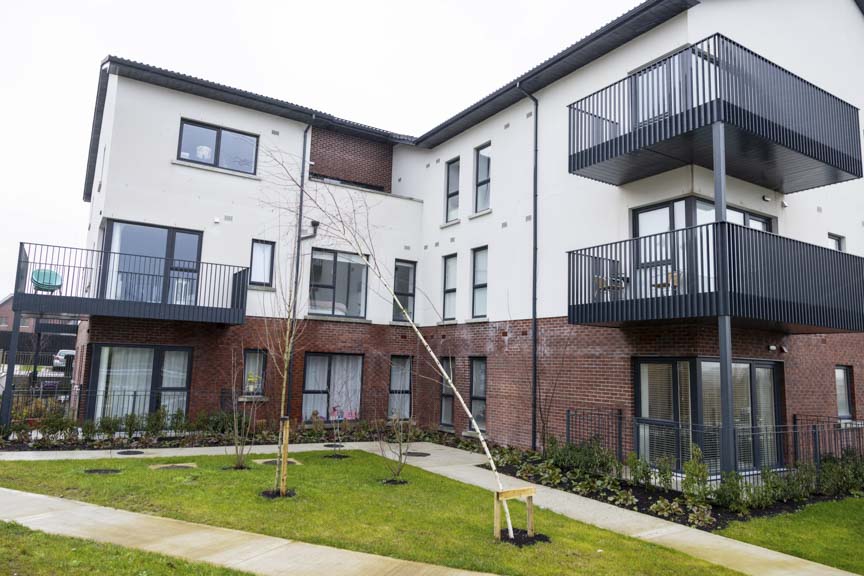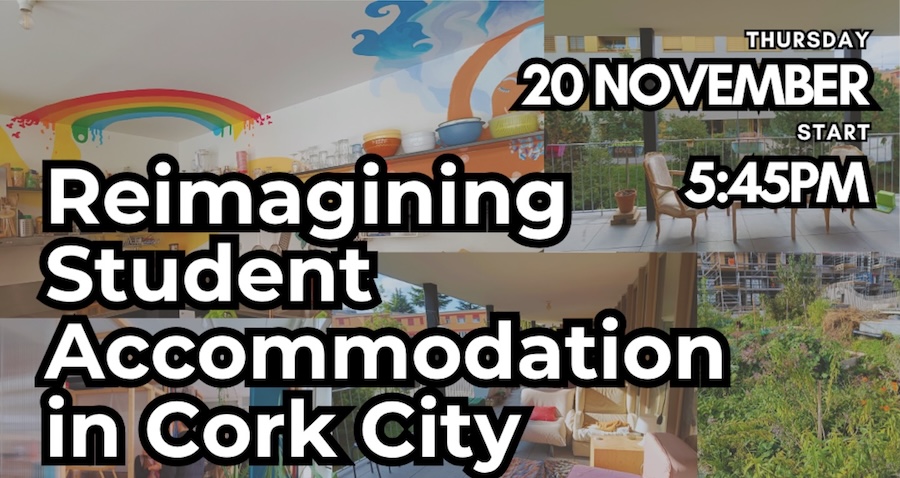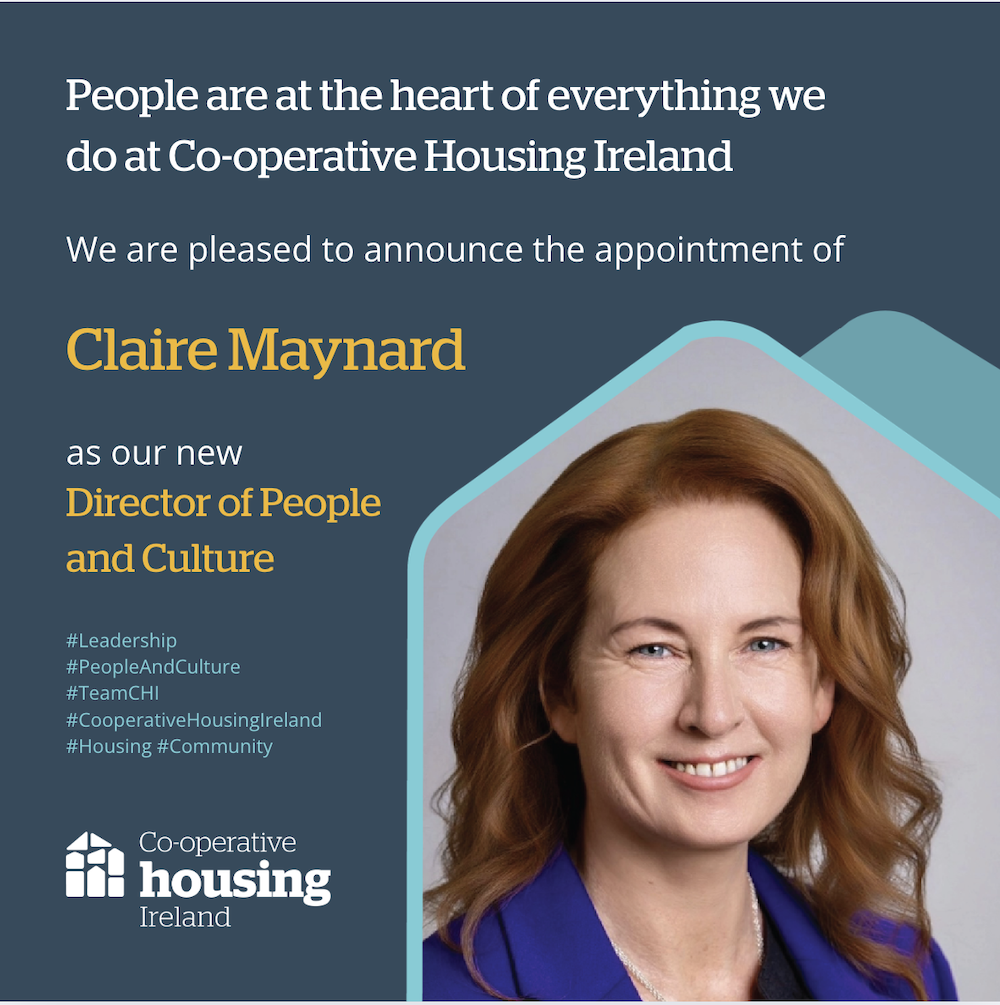June 24, 2021


–writes Eoin Carroll – CHI Policy and Communications Manager
The Economic and Social Research Institute (ESRI) forecasts that housing output for this year will be 18,000 – similar to 2018 – far short of targets but understandable due to the impact of Covid-19. Voices including the ESRI and Davy Stockbrokers, quoted by Eoin Burke-Kennedy in The Irish Times, are suggesting radical levels of housing output.
Conall MacCoille, Davy’s Chief Economist and regular commentator on housing policy, has said that the state needs to build 200,000 homes over three years to solve the housing crisis. While Kieran McQuinn, Research Professor with the ESRI, has said that government could, prudently, borrow an additional €4 to €7 billion for medium-term capital investment in housing which should be welcomed by all, especially the Department of Housing, Local Government, and Heritage.
With the forthcoming publication of the Department’s new housing strategy ‘Housing for All’ there is an opportunity for a radical plan to solve the housing crisis. This strategy will replace ‘Rebuilding Ireland’ and layout the Government’s policy position and direction for the next five years. The ESRI’s suggested injection of capital investment would act like a circuit breaker and result in much needed supply of affordable housing as well as a deflation or at least stagnation in house prices. The current trajectory is higher rents and less access to homeownership as the continued dominance of institutional investors in providing both social-rented and private-rented housing grows.
Unchecked, spending on social housing supports will continue along the lines of existing capital and current programmes meaning a continued reliance on a costly private rented sector solution through mechanisms such as leasing and HAP.
Today, spending on social housing in Ireland (€2.8 billion last year) can be most clearly understood in terms of capital programmes – bricks and mortar through Local Authority and Approved Housing Body delivery – and current programmes – such as HAP, RAS, Leasing, Rent Supplement, and homelessness services. Capital programmes offer lasting solutions to housing need, affordability, security of tenure and suitability. On the flip side, current programmes manage a need, while the underlying need – a secure, suitable, and affordable home – remains, at an annual cost to the exchequer of approximately €1.26bn.
The Department of Housing and the Government’s Economic and Evaluation Service – its value for money unit – have produced several annual spending reviews “Analysis of Social Housing Build Programme”. Its 2020 report highlighted the persisting reliance on current programmes while its 2018 report noted that when rents, in the private market, were high it was more cost effective to construct than deliver through mechanism such as HAP and leasing.
With this knowledge – and growing consensus – the Government’s forthcoming Housing for All Strategy needs to dramatically increase capital investment in housing delivery and reduce its reliance on costly private provision. Approved housing bodies, which includes Co-operative Housing Ireland, delivered approximately half of the social housing output for 2020 and while current ambition is to deliver a minimum of 5,000 per annum over the next 5 years should funding more than double so too would delivery. Permanent homes provided by the state and AHBs are the only long-term solution.








